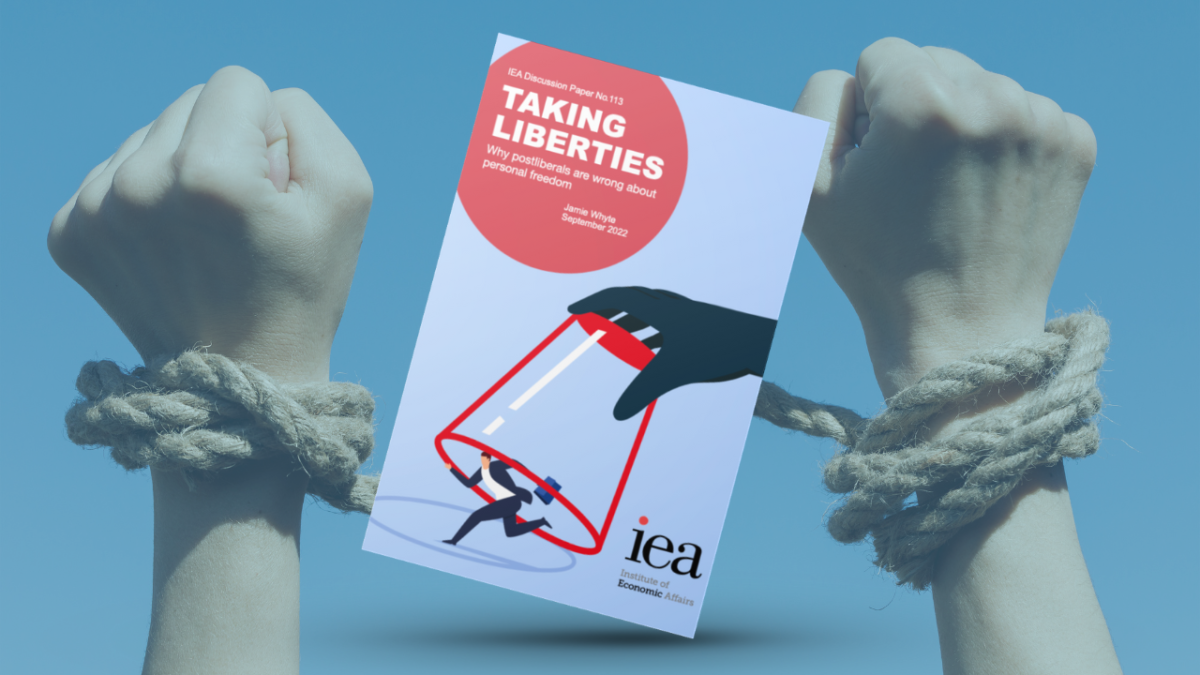Economic Freedom of the World: 2022 Annual Report
SUGGESTED



Summary
The index published in Economic Freedom of the World measures the degree to which the policies and institutions of countries are supportive of economic freedom. The cornerstones of economic freedom are personal choice, voluntary exchange, freedom to enter markets and compete, and security of the person and privately owned property. Forty-two data points are used to construct a summary Index, along with a Gender Legal Rights Adjustment to measure the extent to which women have the same level of economic freedom as men. The degree of economic freedom is measured in five broad areas.
Area 1: Size of Government
As government spending, taxation, and government-controlled enterprises increase, government decision-making is substituted for individual choice and economic freedom is reduced.
Area 2: Legal System and Property Rights
Protection of persons and their rightfully acquired property is a central element of both economic freedom and civil society. Indeed, it is the most important function of government.
Area 3: Sound Money
Inflation erodes the value of rightfully earned wages and savings. Sound money is thus essential to protect property rights. When inflation is not only high but also volatile, it becomes difficult for individuals to plan for the future and thus use economic freedom effectively.
Area 4: Freedom to Trade Internationally
Freedom to exchange—in its broadest sense, buying, selling, making contracts, and so on—is essential to economic freedom, which is reduced when freedom to exchange does not include businesses and individuals in other nations.
Area 5: Regulation
Governments not only use a number of tools to limit the right to exchange internationally, they may also impose onerous regulations that limit the right to exchange, gain credit, hire or work for whom you wish, or freely operate your business.
Economic freedom around the world in 2020
Top-rated countries
The most recent comprehensive data available are from 2020. Hong Kong remains in the top position, though its rating fell an additional 0.28 points. Singapore, once again, comes in second. The next highest-scoring nations are Switzerland, New Zealand, Denmark, Australia, United States, Estonia, Mauritius, and Ireland.
Rankings of other major countries
The rankings of some other major countries are Japan (12th), Canada (14th), Germany (24th), Italy (43rd), France (54th), Mexico (65th), India (90th), Russia (94th), Brazil (114th), and China (116th).
Ten lowest-rated countries
The ten lowest-rated countries are: Democratic Republic of Congo, Algeria, Republic of Congo, Iran, Libya, Argentina, Syria, Zimbabwe, Sudan, and lastly, Venezuela.
Fullscreen Mode



